The Power of Soft Sales Psychology: Unlocking the Art of Closing a Sale (in the Legal Sector)
Success with sales often lies in the ability to persuade and influence potential customers. While aggressive sales tactics have traditionally dominated the field, a more nuanced approach known as "soft sales psychology" has gained traction in recent years. This approach focuses on building relationships, understanding customer needs, and employing psychological principles to close sales effectively. In this article, we will explore some basic principles of soft sales psychology and how they can be harnessed to achieve better sales outcomes.
Building Rapport:
One of the fundamental principles of soft sales psychology is building rapport with potential customers. People are more likely to engage and trust someone they feel a connection with. Establishing rapport can be achieved by actively listening, asking open-ended questions, and showing genuine interest in the customer's needs. This creates a comfortable environment, fostering trust and increasing the likelihood of a successful sale.
Understanding Customer Needs:
Soft sales psychology emphasises the importance of understanding customer needs and motivations. By taking the time to empathise and delve into their specific pain points, sales professionals can tailor their approach accordingly. By demonstrating a deep understanding of the customer's challenges, desires, and goals, salespeople can position their product or service as the ideal solution.
Effective Communication:
Clear and effective communication plays a vital role in the sales process. Soft sales psychology encourages the use of language that resonates with the customer. By focusing on the benefits and value of the product or service, rather than solely on its features, salespeople can appeal to the emotions and desires of potential buyers. Effective communication also involves active listening, mirroring the customer's language and body language, and adjusting the sales pitch accordingly.
Social Proof:
Humans are social beings and often look to others for guidance in decision-making. Leveraging social proof is a powerful tool in soft sales psychology. Testimonials, case studies, and success stories provide evidence that others have benefited from the product or service, thereby increasing trust and credibility. Incorporating social proof into the sales process can help overcome customer skepticism and facilitate the decision-making process.
Creating a Sense of Urgency:
Soft sales psychology recognises the importance of creating a sense of urgency in closing a sale. By highlighting limited-time offers, exclusive deals, or scarcity of supply, salespeople can tap into customers' fear of missing out (FOMO) and prompt them to take action. However, it is crucial to strike a balance and avoid pressuring customers excessively, as this can undermine the rapport and trust built throughout the sales process.
Overcoming Objections:
Objections are a natural part of the sales process, but soft sales psychology provides techniques for effectively addressing and overcoming them. Instead of dismissing objections or becoming defensive, sales professionals should view objections as an opportunity to further understand the customer's concerns and provide tailored solutions. By empathising with objections and offering well-thought-out responses, salespeople can build trust and credibility, ultimately leading to a successful sale.
Soft sales psychology represents a paradigm shift in the world of sales, prioritising relationships, understanding, and persuasion over aggressive tactics. By incorporating principles such as building rapport, understanding customer needs, effective communication, social proof, creating a sense of urgency, and overcoming objections, sales professionals can significantly enhance their ability to close deals. This approach not only leads to better sales outcomes but also fosters long-term customer relationships, ultimately driving business growth and success.

